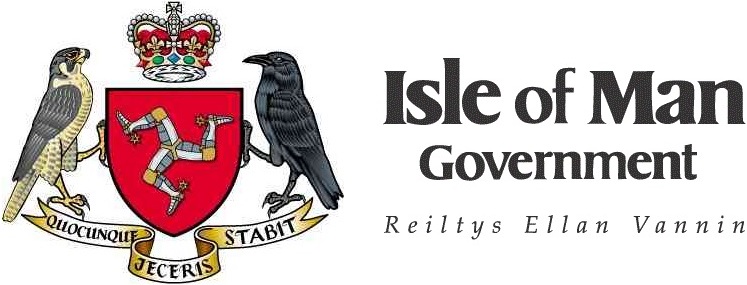Elections that work for everyone
Feedback updated 29 Jun 2018
We asked
As part of the root and branch review of the Isle of Man’s election legislation, the Cabinet Office sought your views on how elections should be run in the Isle of Man in future between 5 April to 20 May 2018.
You said
We received 109 responses in total, from a number of types of respondent, including organisations, local authorities, Tynwald members and individuals.
- 33 gave permission to publish their response in full
- 63 gave permission to publish anonymously
- 13 did not give consent to publish on the Consultation Hub
Clear themes emerging from the consultation responses include:
- Accessibility
- Modernization and digitization
- Consistency between national and local elections
- Need for guidance and good practice information
The Cabinet Office is grateful to all those who took the time to submit their views to this consultation.
We did
The responses to this consultation will be used to inform the policy options required to underpin drafting instructions for the new legislation.
Results updated 29 Jun 2018
Files:
- Elections That Work For Everyone Consultation Responses Report, 323.6 KB (PDF document)
Published responses
View submitted responses where consent has been given to publish the response.
Overview
The Isle of Man has a proud tradition of democracy, being the oldest continuous parliament in the world and one of the first jurisdictions to include women in the franchise in 1881 and lowering the minimum voting age to 16 in 2006.
This consultation is part of the root and branch review of the Isle of Man’s election legislation and poses a series of high level questions on how elections should run in the Isle of Man.
To assist with the review and provide an independent viewpoint, the former Chief Executive of the Association of Electoral Administrators, Mr John Turner, has been engaged by the Cabinet Office to advise. A series of stakeholder meetings were held in November 2017 with Mr Turner and the Cabinet Office elections team to obtain views on the existing election legislation and how legislation should look in the future.
The following stakeholders were invited to attend these meetings:
- Tynwald Members
- Returning Officers
- 2016 Keys election candidates
- Registered political parties
- Local Authorities and Department of Infrastructure
Why your views matter
We are holding this consultation so that all interested parties have an opportunity to genuinely contribute to shaping the direction of this important future piece of legislation.
What happens next
Following this consultation on policy questions, it is proposed that the milestones and the timescale for the rest of the review is as follows:
May 2018 Seek permission to draft Bill
June 2018 Publish results of consultation
Jan 2019 Consultation on Bill
April 2019 Bill enter Branches of Tynwald
Jan 2020 Royal Assent potentially received
July 2020 Any Secondary Legislation required made
Dec 2020 All statutory election paperwork complete
Sep 2021 House of Keys election
Areas
- All Areas
Audiences
- Black & minority ethnic
- Business owner
- Children & young people
- Civil and public servants
- Elected members - local government
- Elected members - MHKs
- Employees
- Homeowners
- Landlords
- Leaseholders/ landowners
- Lesbian, gay, transgender & bisexual
- Older people
- Other non-resident - business interests
- Parents, carers and & guardians
- People with disabilities or long term illness
- Retired
- Road users
- Self-employed
- Students
- Tenants
- Unemployed
- Visitors & tourists
- Volunteers
Interests
- Elections & voting

Share
Share on Twitter Share on Facebook